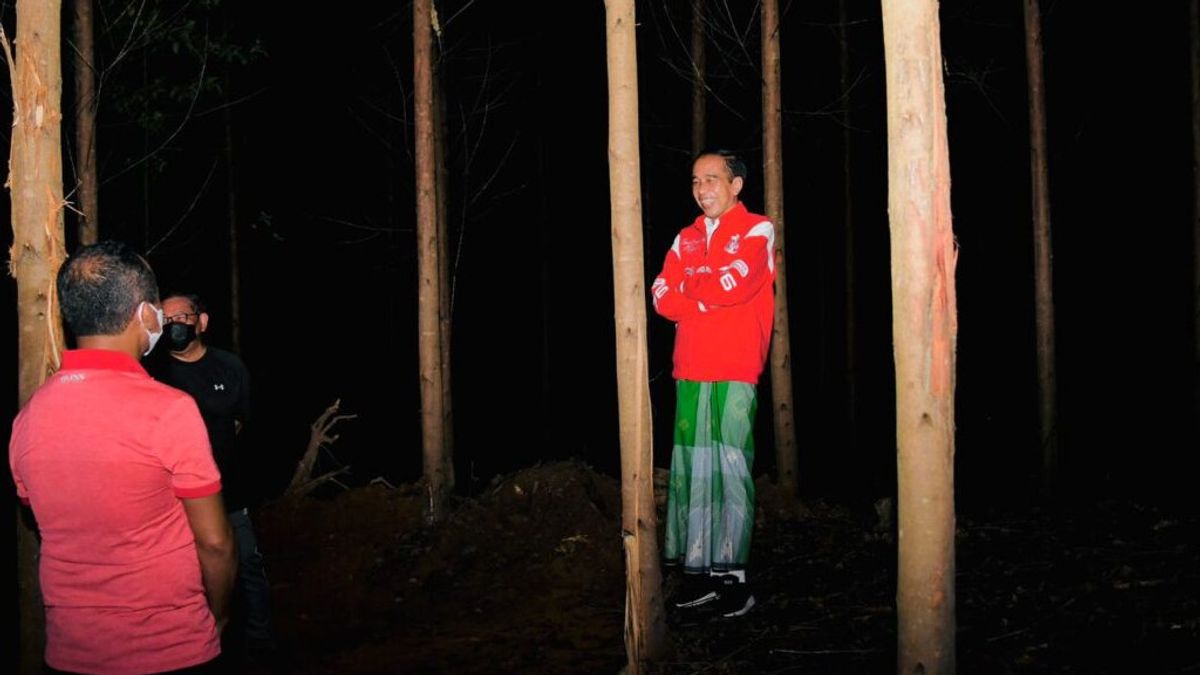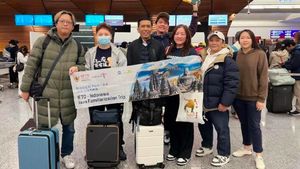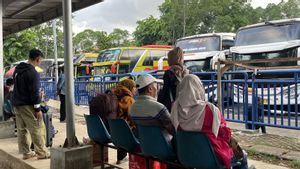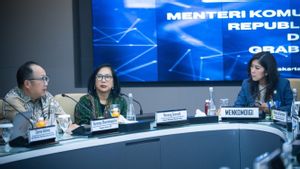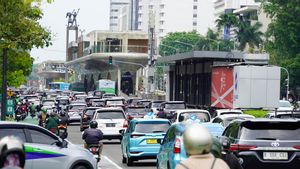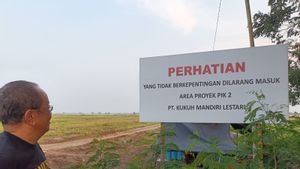JAKARTA - Head of the State Intelligence Agency (BIN) Budi Gunawan explained that the National Capital City (IKN) was designed to be ready to face a pandemic if it might occur in the future.
"The design of the Nusantara IKN also draws lessons from the COVID-19 pandemic. A city that is not only green, healthy, and high-tech, but also ready to face the pandemic," Budi said in a written statement in Jakarta, Friday, March 25, as reported by Antara.
According to Budi, if a few people think that IKN is not the time to be built because of the pandemic, this is precisely the time for Indonesia to build IKN as an example of a city that is resilient in facing the pandemic.
He said, in the last two years, a lot of literature on pandemic resilient cities has been published. The research is seen as one of the world's future challenges.
Budi explained that the design of a city that is resilient to disasters and epidemics will complement the national defense system in the health sector.
In addition, the development and development of independent production of vaccines, medicines, and equipment as well as strengthening surveillance systems, forecasting & analytics as part of the development of medical intelligence.
"A nation's ability to survive is determined by its ability to take lessons from every tragedy. Are we going to just ignore COVID-19, even though it has been recorded as the event that has most evenly changed the world so far," said Budi affirmed.
The government continues to ease social restrictions, including lifting the ban on going home for Eid in 2022, and eliminating quarantines for foreign arrivals. Indonesia is following in the footsteps of many countries, choosing to live side by side with the corona virus.
"Indonesia is running a scenario towards transitioning from a pandemic to being endemic, aka living a new normal," said Budi.
Budi explained that living in the new normal era means adopting the practice of mitigating the risk of spreading the virus as a new social habit or ethics. Routine vaccines, wearing masks, washing hands, keeping a distance, must be seen as a form of tolerance and social responsibility to protect themselves and others from exposure to the virus.
"First, an unmitigated endemic can turn into a pandemic again. Second, the study of experts concluded that COVID-19 would not become a pandemic. Lastly, human lifestyles, the way they treat nature, as well as the increasingly felt impacts of climate change, are very vulnerable to triggering the emergence of viruses or other biopathogens which at any time could spread into the next pandemic," he explained.
The English, Chinese, Japanese, Arabic, and French versions are automatically generated by the AI. So there may still be inaccuracies in translating, please always see Indonesian as our main language. (system supported by DigitalSiber.id)
